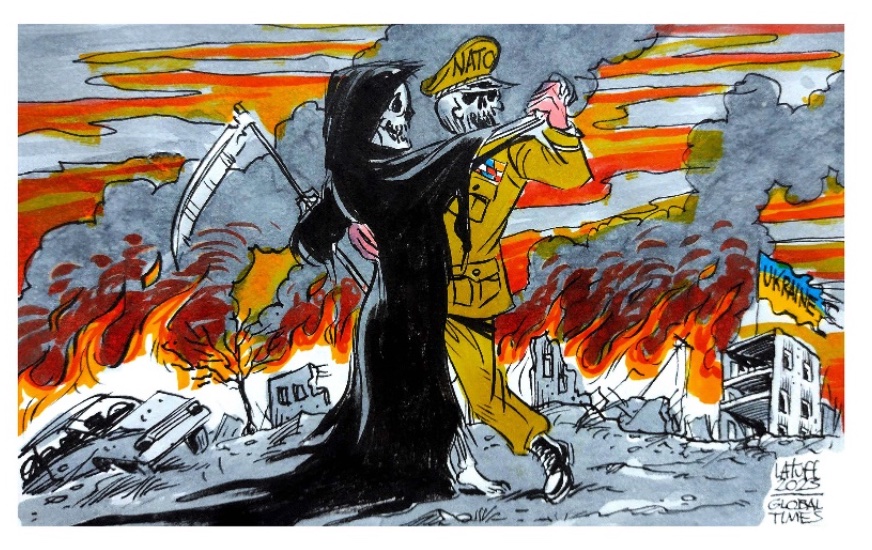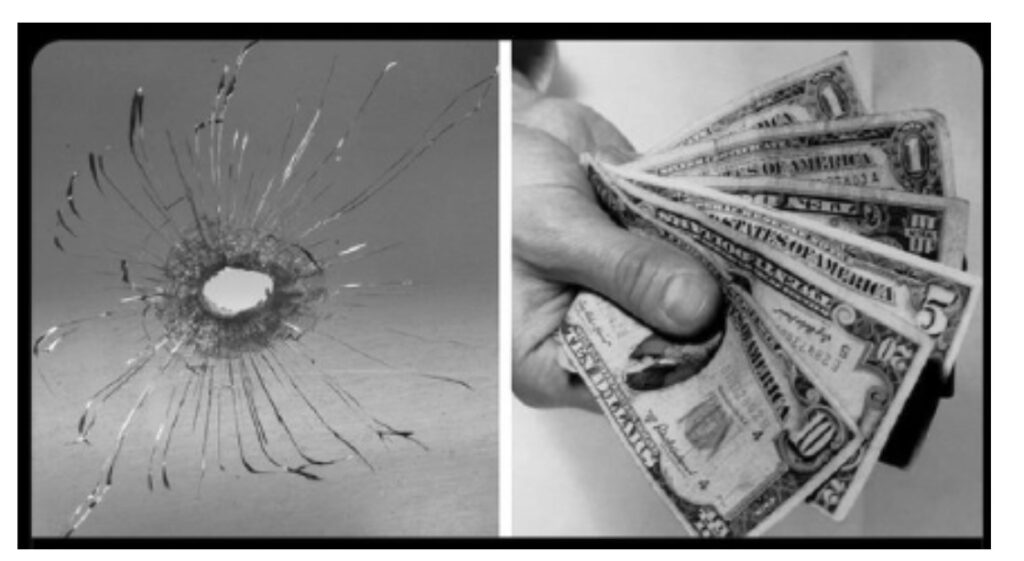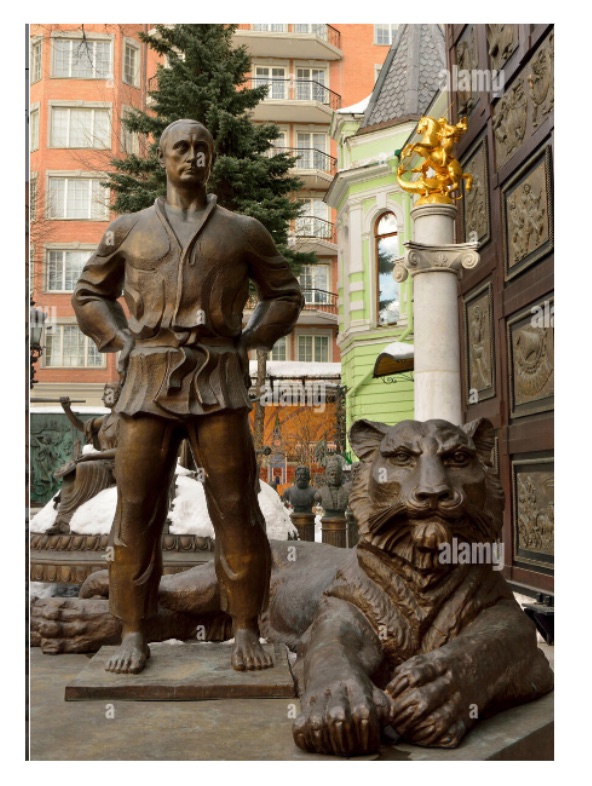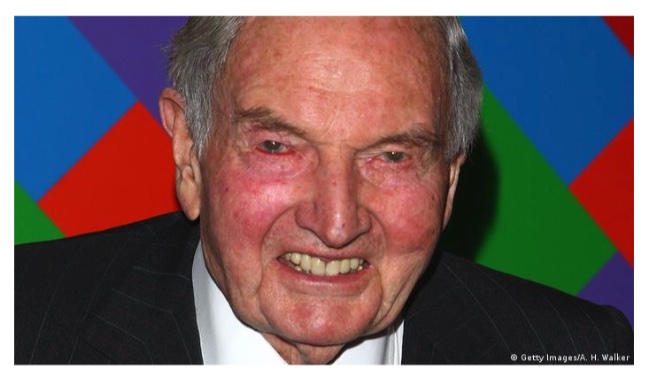William De Berg One of the fallacies of scientific reasoning to assume that seemingly unrelated phenomena are mere coincidences when they occur together. For example, what could all of the phenomena in the title of this article possibly have in common, besides occurring contemporaneously and currently in the Western world? The common denominator is that all of them—and many more beyond the scope of this discussion—may be direct or indirect manifestations of a concerted effort to reduce fertility in the “developed” world. That fertility in the developed world is declining…









